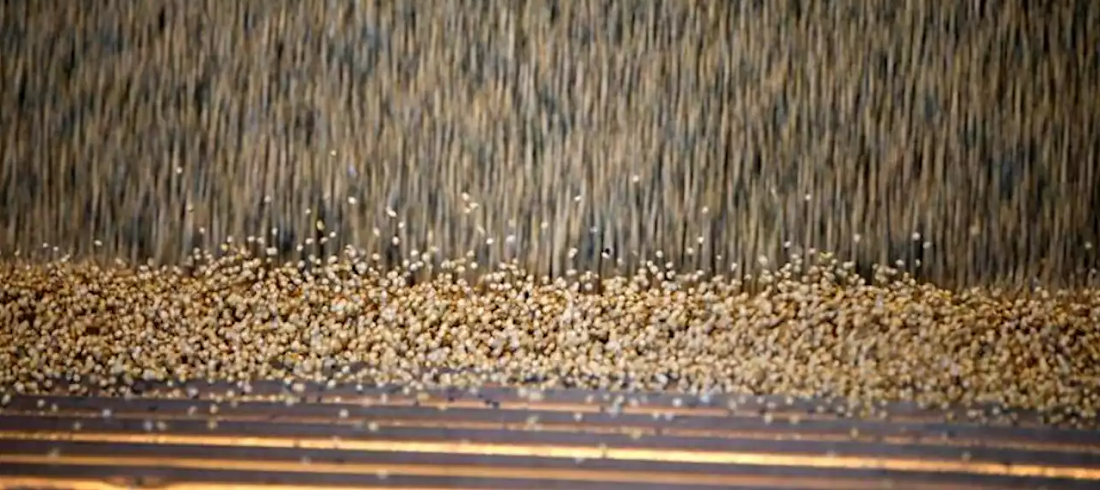
The end of ‘sojización’: Argentina’s new path as soybean importer
May, 10, 2023 Posted by Gabriel MalheirosWeek 202322
As the soybean harvest progresses slowly in Argentina, the effects of the drought on production are becoming increasingly evident. This directly impacts the soybean industry, the country’s most profitable sector. Back in 2015, Argentina produced 60 million tonnes of soybeans, and the concept of “sojización,” a term used to describe the expansion of soybean cultivation throughout the country, was widely discussed. However, since then, the harvest has steadily declined to 43 million tonnes in the 2021-22 cycle and an expected 20 million tonnes this year, mainly due to weather-related events.
This lack of production has led the industry to import soybeans from Paraguay and Brazil. Argentina imported 2.7 million tonnes of soybeans between January and March of this year, compared to 890,000 tonnes in the same period in 2022.
The majority of the soybeans imported by Argentina in the first quarter of 2023 came from Paraguay, with 2 million tonnes (74%) of the total. Paraguay has historically been the largest supplier of soybeans to Argentina, providing over 92% of Argentina’s soybean imports from 2018 to 2021. However, a severe drought in Paraguay last year reduced exports to Argentina, and the country had to look to other sources like Uruguay, Bolivia, and Brazil.
This year, with Paraguayan soybean production returning to around 9.5 million tonnes, Paraguay is expected to regain its share in the Argentine market for milled soybeans. Brazil has also become a significant supplier of soybeans to Argentina this year, with a record harvest of 150 million tonnes and declining FOB prices. Unlike Paraguay, which exports soybeans to Argentina through barges sailing on the Paraná River, Brazil’s exports arrive in ocean-going vessels.
Argentina is expected to import 10 million tonnes of soybeans this year, compared to the usual 3-4 million tonnes. This unprecedented increase in imports is due to the lack of domestic production caused by the drought. The soy industry projects that this year’s estimated processed soybean volume will be the lowest in 18 years, with an annual soybean processing volume of 27 million tonnes predicted for 2023, representing a 30% drop from 2022.
The Argentine Edible Oil Association CIARA has predicted that this decline in production will lead to a decrease in foreign exchange earnings of US$18,777 million this year as manufacturing and exportable balances are reduced.
Between January and April of 2023, the soybean complex earned $5,237 million in foreign exchange, which is $5,861 million less than in the same period in 2022. As a result, plant closures are expected in the second half of the year due to the idle capacity of plants, which reaches 65%.
Source: Clarín
To read the original news report in Spanish, go to: https://www.clarin.com/rural/sojizacion-importar-soja-record-ingreso-poroto-paraguay-brasil_0_HzbhOsb3WN.html
-
Ores
Jul, 23, 2021
0
Bamin carries out its first iron ore exports
-
Ports and Terminals
Nov, 17, 2021
0
YTD Portos RS handling already surpasses 2020 level
-
Other Cargo
Dec, 06, 2022
0
Cotton: Brazil exports 268,594 K tonnes in Nov
-
Shipping
May, 03, 2022
0
Vessel with innovative sustainable technology moors in Paranaguá

